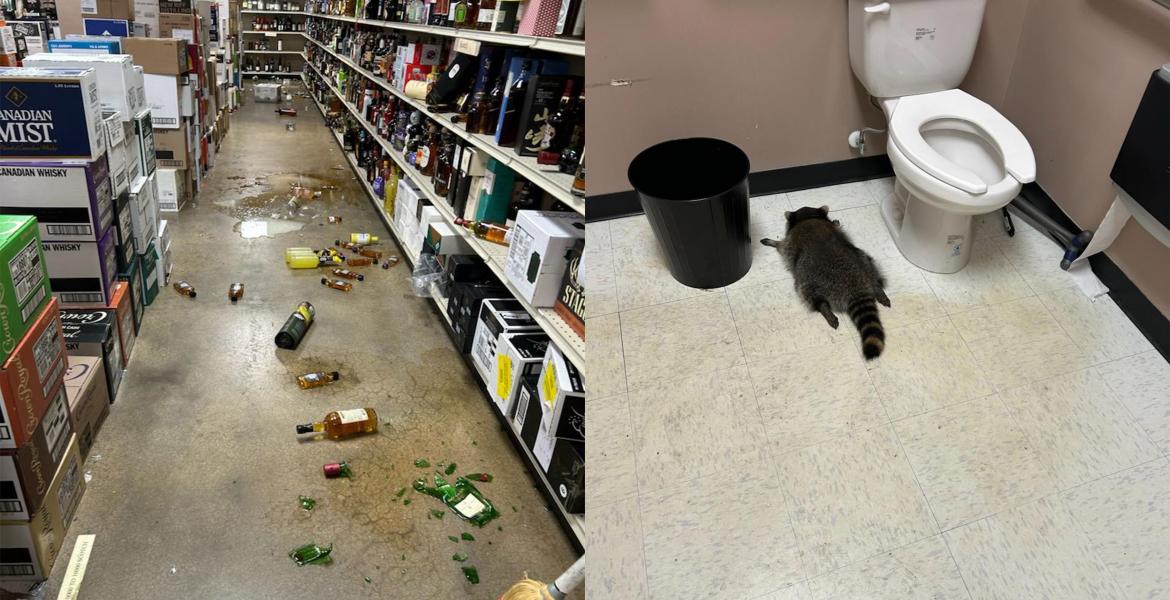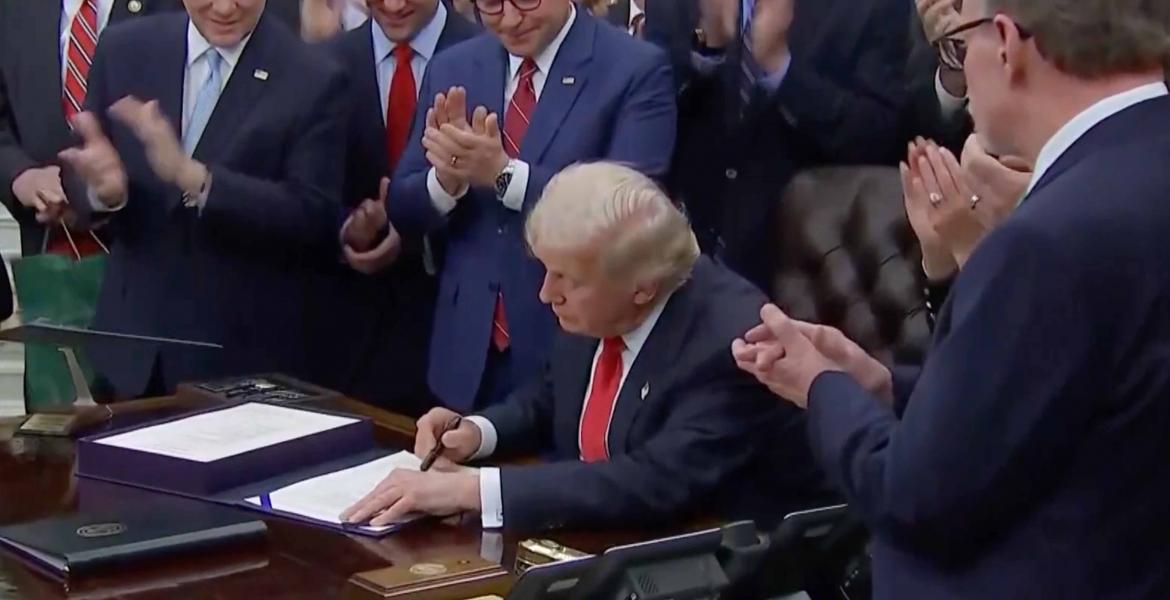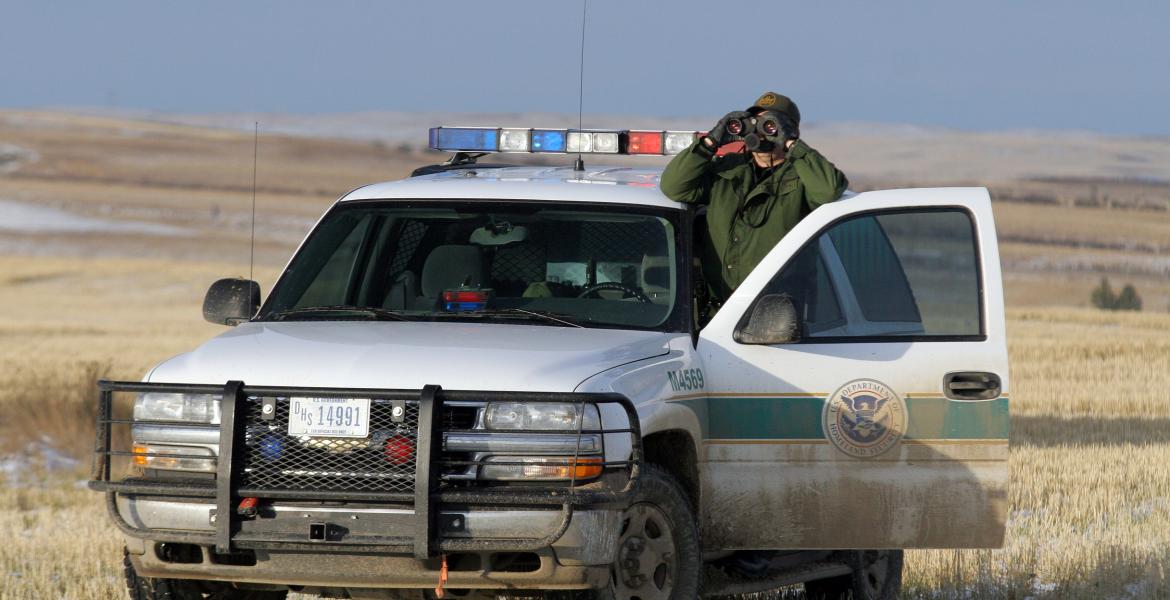HOUSTON, TX — NASA is facing a decision on how to bring two astronauts back to Earth from the International Space Station (ISS) after their mission, initially planned to last eight days, has extended to over two months due to ongoing problems with Boeing’s Starliner capsule.
The agency must now choose between returning the astronauts aboard the troubled Starliner soon or delaying their return until next year using a SpaceX spacecraft.
Astronauts Butch Wilmore and Suni Williams, who have been aboard the ISS since early June, have remained on the station well beyond their scheduled return date as NASA and Boeing continue to assess the Starliner’s performance. Despite Boeing’s assurances that the spacecraft is safe, NASA remains divided on the best course of action, with a final decision expected next week.
The Starliner capsule has encountered a series of technical issues, particularly with its thrusters, since before Wilmore and Williams’ launch on June 5. Initially, a helium leak was detected in the propulsion system, which was deemed stable enough to proceed with the mission. However, as the spacecraft approached the ISS, additional leaks were discovered, and five of the thrusters failed.
Although the Starliner managed to dock with the ISS and most of its thrusters have since passed ground and in-space tests, the root cause of the malfunctions remains unknown. The primary concern is that further thruster failures could jeopardize the astronauts’ safety during the critical deorbit burn necessary for re-entry.
NASA officials reject the notion that Wilmore and Williams are stranded, emphasizing that the Starliner could still serve as a lifeboat in an emergency. However, there is growing consideration of using SpaceX’s Dragon capsule for their return, which could delay their departure until February.
If NASA opts for a SpaceX return, the Starliner would be undocked from the ISS to free up a docking port, allowing another Dragon capsule to be launched to bring Wilmore and Williams back to Earth. This option would require the astronauts to remain on the ISS for several more months.
Despite the prolonged mission, Wilmore and Williams are reportedly in good spirits, continuing their work on the ISS. A recent supply ship delivered personal items and additional provisions, ensuring that the nine-person crew, which includes four Americans and three Russians, has adequate resources.
NASA’s dual-partner approach, involving both Boeing and SpaceX, was intended to provide redundancy and competition for crewed missions. While SpaceX has been flying astronauts since 2020, Boeing has faced multiple setbacks with Starliner, including software issues and delays that have cost the company over $1 billion.
Boeing maintains confidence in Starliner’s capabilities but is prepared to return the capsule empty if NASA decides it’s the safer option.
NASA’s ultimate goal is to continue alternating between Dragon and Starliner launches every six months until the ISS is retired in 2030. However, the recent challenges have raised questions about Boeing’s ability to meet these expectations and continue as a major player in space exploration.
Subscribe to the LIVE! Daily
Required






Post a comment to this article here: